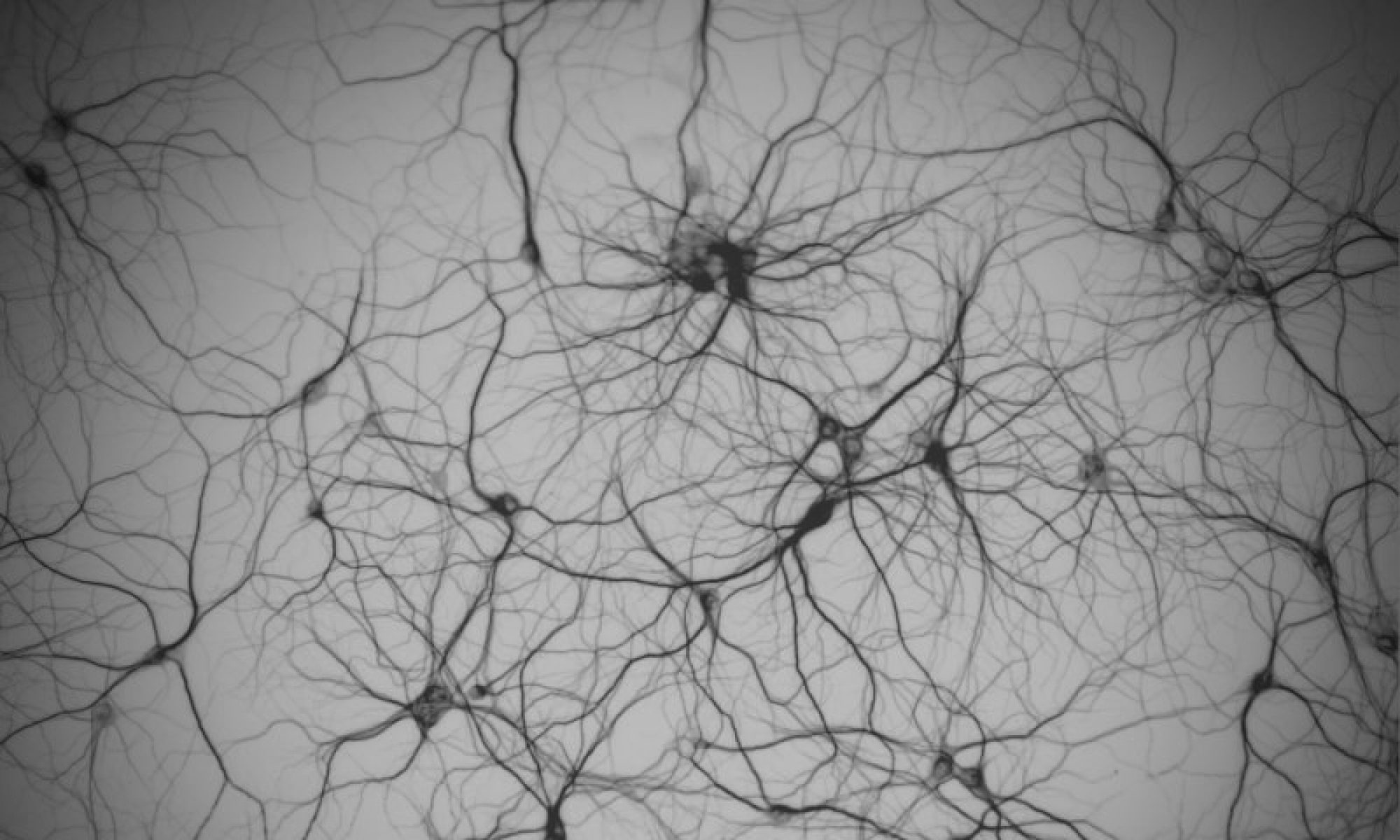Strangers Oracle
A secret one to one dance experience
Meet the Oracle, a reciprocity of your own physical presence, a moment in the company of a stranger, anyone and everyone.
Through vibration and energy, the Oracle connects with your life at present. A song, a dance, all there ever was, all there ever will be. Your session with the Oracle is only for you, and lasts perhaps 5 minutes. Small gift for the Oracle is welcome.
In the waiting room you can drink tea, meditate, relax.
‘Strangers Oracle’ is an investigation into our ability and willingness to spontaneously connect with others. Not knowing what to expect, can be a game changer in making an energetic and physical connection. The Oracle may be your dance partner, your therapist, your lover, your singer, someone to laugh with, or simply someone with whom to spend a moment in time. Whether meeting the Oracle leads you to towards healing, self discovery, a metaphysical experience, or something completely different, is an open question.
The artist (the Oracle) wishes to test her ability to meet anyone who steps through the door, with an open mind, a spontaneous and tender response. Applying dance, meditative touch and music. As the experience is secret, no one, except you and the Oracle, will know what may reveal it self in the encounter.








